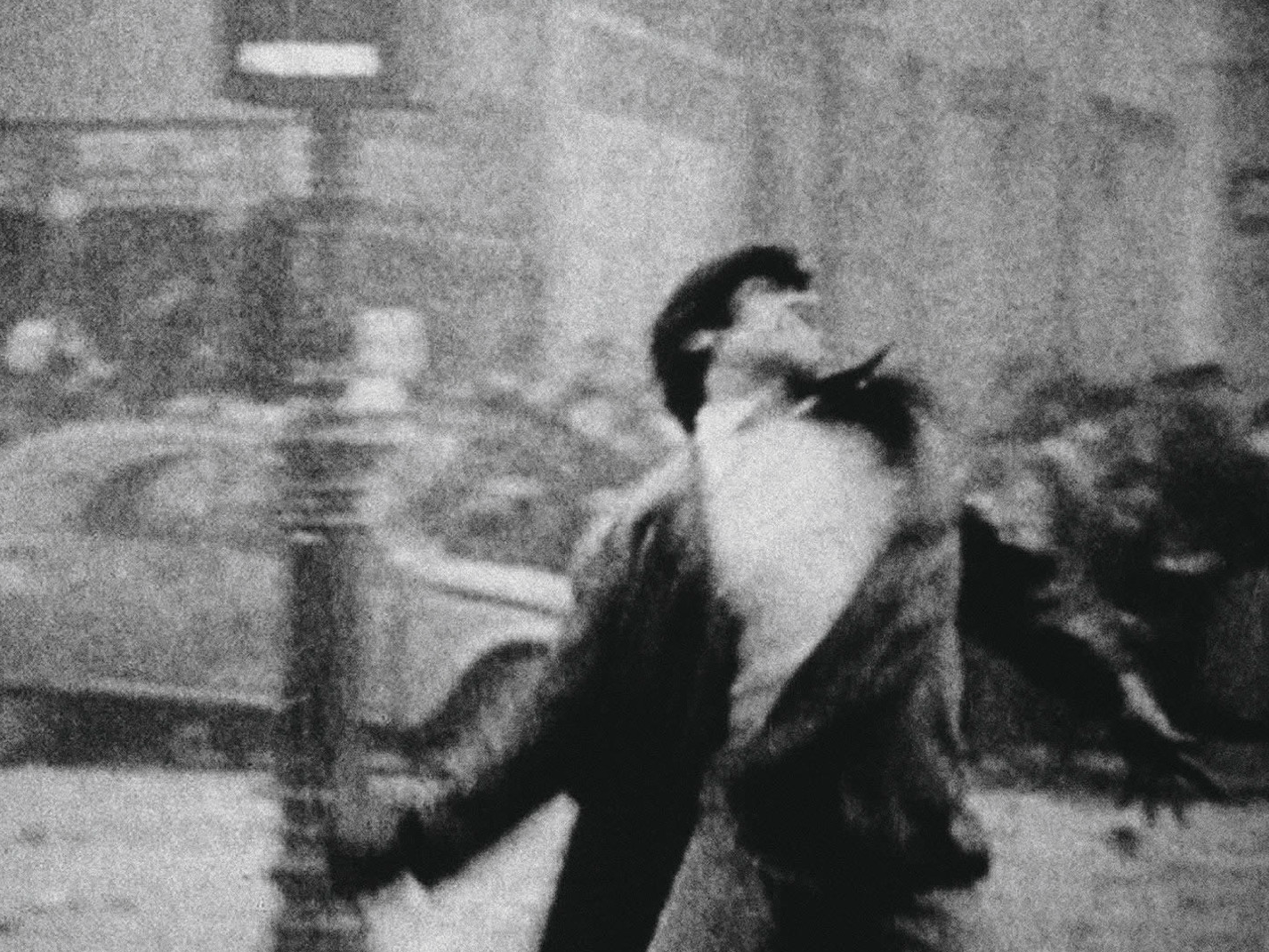
“Combining archives of May 1968, amateur films showing the crushing of the Prague Spring that same year and the tourist images of his mother’s trip to China in the year of the Cultural Revolution, João Moreira Salles questions the posterity of the most intense moments of history, be they official or personal – how can one live after their searing perfection? The interweaving of the editing suggests just how fine the dividing line is between images produced for History and those made for the family circle. Little by little, the film slides from questioning the archives to questioning May 1968 itself, and particularly to the crucial but fleeting role of Daniel Cohn-Bendit. With a sometimes amused and sometimes bitter distance, the filmmaker highlights the seduction and aporia of the ‘idea of a leaderless movement’. He finds on the demonstrators’ faces the joy of his mother’s ‘luminous face’ from two years earlier. Why did May 1968 not spark a revolution? The melancholy arc of this film, obsessed by the ‘intense now’, spans two emblematic French films some excerpts of which he includes: Chris Marker’s The Lovely Month of May and Romain Goupil’s Half a Life. Commenting on the alleged advertising origins of the slogan ‘Sous les pavés, la plage’ (‘Under the paving stones, the beach’) and its author’s tragic fate, Salles chooses to rely on images and on the subjectivity of those who made them – a preferable option to the deceptive posterity of discourse.”
Charlotte Garson1
- 1Charlotte Garson, “No intenso agora,” Cinéma du Réel, 2018.

